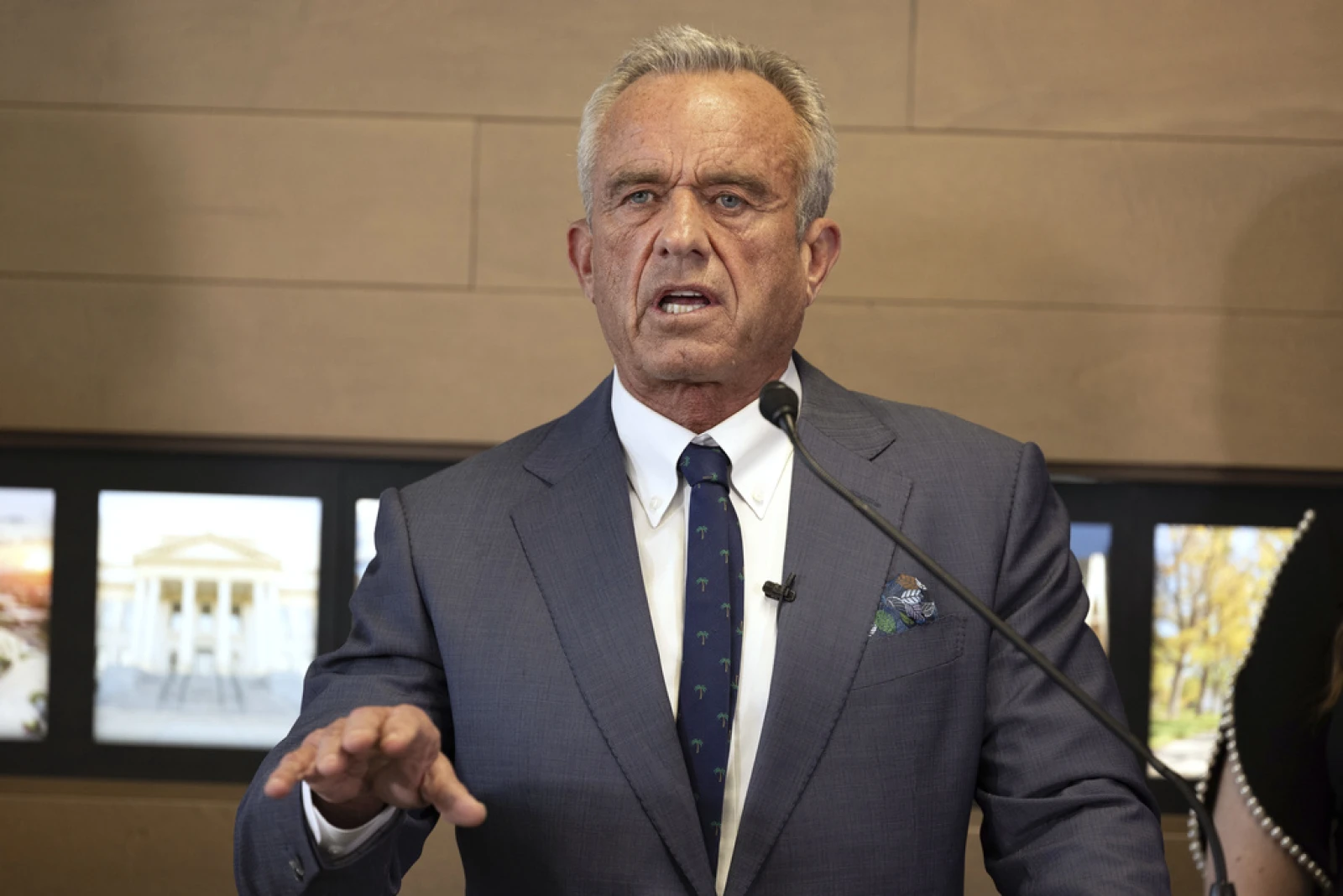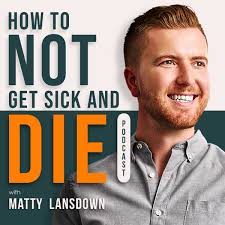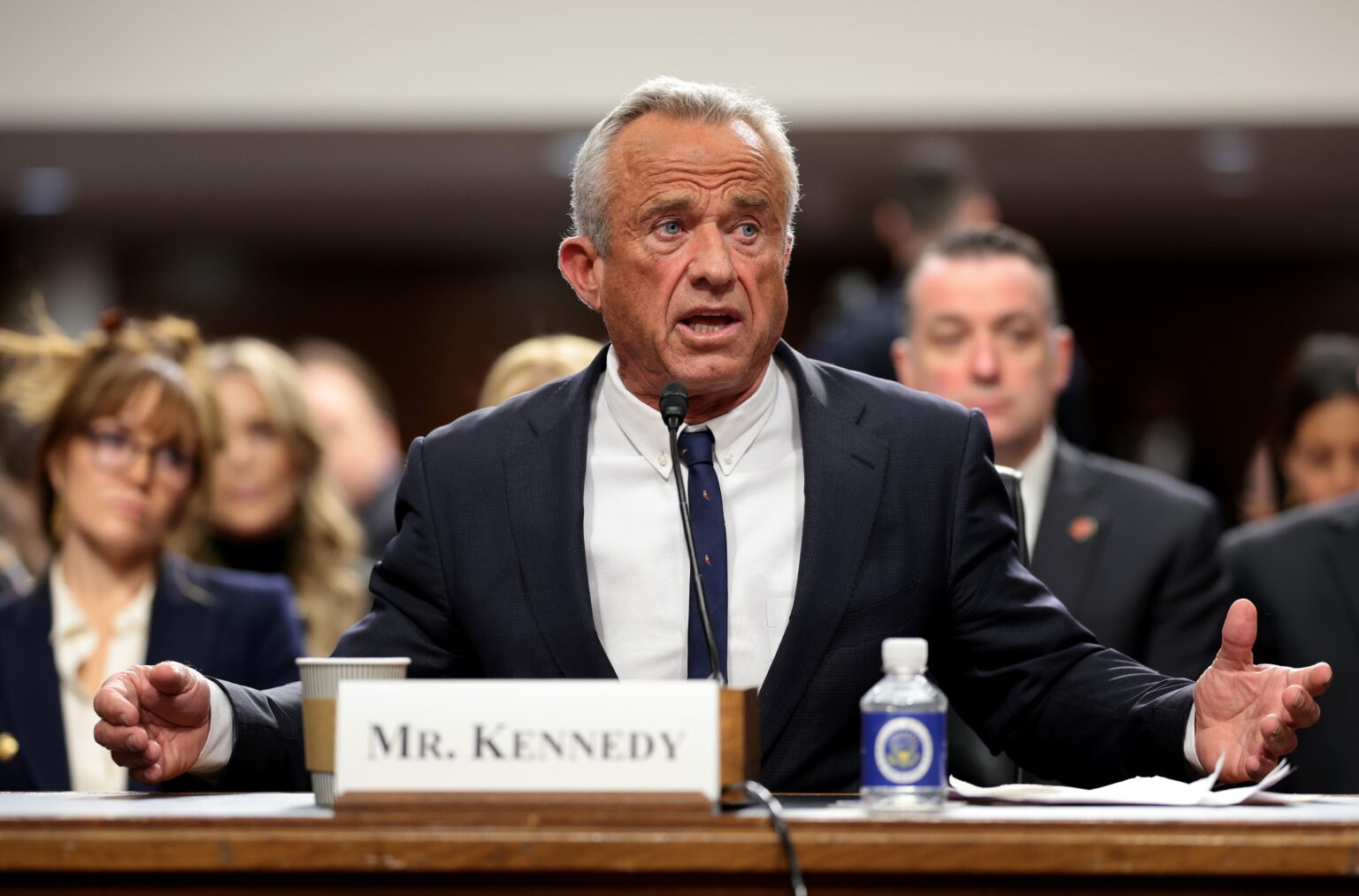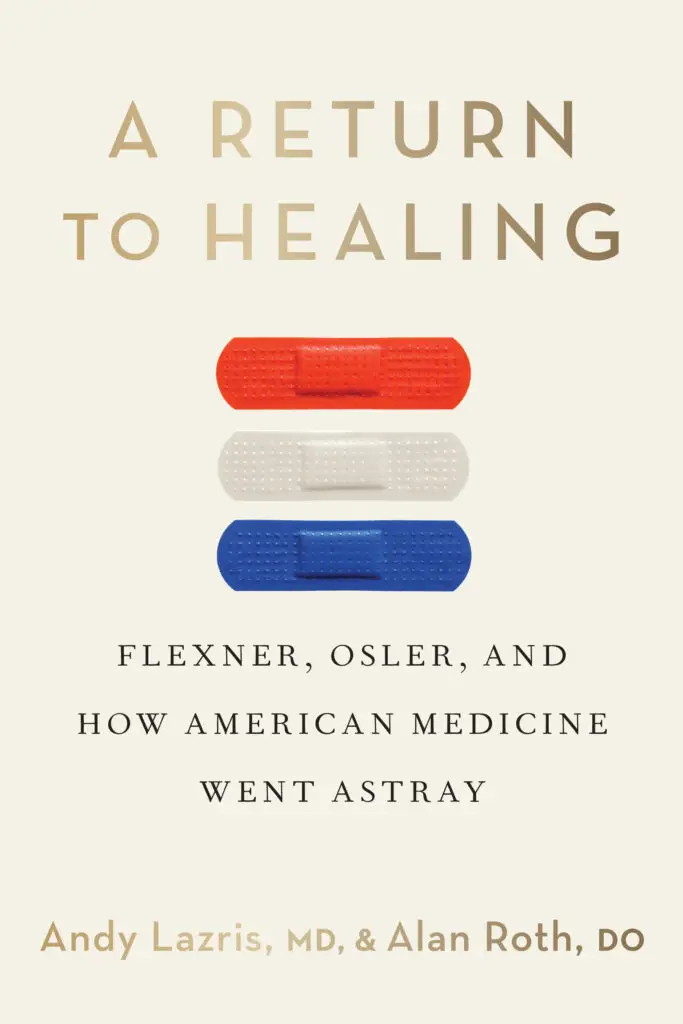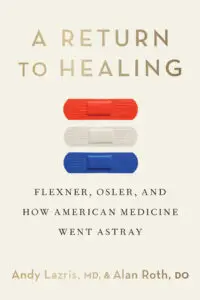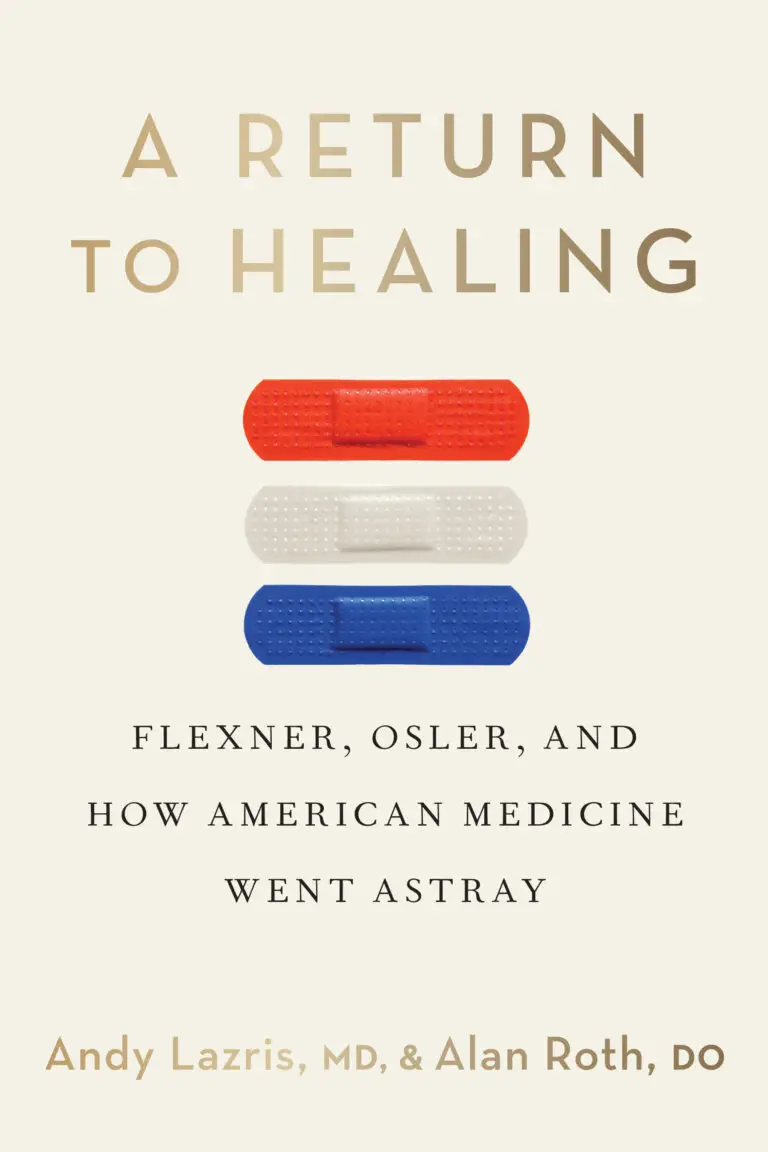TL;DR–RFK Jr.’s “Make America Healthy Again” report is mired in controversy over false claims and faulty data. The real story? How the machinery of American healthcare—politics, industry, and media—keeps public trust on life support. The cure starts with transparency and putting patients, not profits or headlines, at the heart of reform.
When Health Policy and Hype Collide
The RFK Jr. MAHA report controversy is making headlines and stirring debate across the country. This recent chapter in American healthcare brings renewed scrutiny to Robert F. Kennedy Jr.’s claims, as well as to the powerful machinery behind health policy reform. By examining how the “Make America Healthy Again” report became a lightning rod for controversy, we can better understand the ongoing challenges of trust, transparency, and the influence of the medical-industrial complex in our healthcare system.
In this blog, we unpack the MAHA report controversy, why it matters for public trust, and how it echoes the deeper systemic problems discussed in A Return to Healing. The takeaway? This isn’t just about one candidate or one report—it’s about the machinery of American healthcare, and how hard it is for real reform (and real truth) to break through.
The RFK Jr. MAHA Report Controversy: A Case Study in Broken Trust
When the White House acknowledged “problems” with the data behind RFK Jr.’s MAHA report (NPR, May 2025), it confirmed what many researchers and journalists had already discovered: key claims—especially about autism, chronic illness, and even life expectancy—rested on shaky or imaginary evidence.
But what’s more revealing is how the story unfolded. The MAHA report was promoted as the product of deep research and “independent” thinking. Yet it quickly became clear that its conclusions were drawn more from ideology and political strategy than from peer-reviewed science. For many, this wasn’t shocking—but it was a powerful reminder of how the so-called “medical-industrial complex” can cloud the line between real progress and campaign propaganda.
How Does This Happen? The Machinery Behind the Message
Why do false or misleading health claims travel so far, so fast? Here’s where the medical-industrial complex comes in. In our book, A Return to Healing, we argue that when pharmaceutical companies, politicians, advocacy groups, and media conglomerates all have a stake in the narrative, the public’s health can become collateral damage in a larger game.
In the case of MAHA, several things happened that are all too familiar:
- Citation laundering: Studies are cited that don’t exist, are taken out of context, or are funded by groups with an agenda.
- Policy by headline: Eye-catching claims about autism, cancer, or the “decline of American health” are amplified before facts are checked.
- Distrust as currency: Instead of building trust in science, reports like MAHA often exploit skepticism—validating fears, but rarely providing honest solutions.
It’s no wonder that searches for “RFK Jr. health claims,” “MAHA report controversy,” and “medical-industrial complex problems” have all surged in recent weeks (source: Ahrefs). People are hungry for clarity, and tired of the noise.
The Bigger Problem: When Reform Becomes a Racket
A central theme in A Return to Healing is how calls for “reform” often become another layer of marketing, advocacy, or profit—rather than an honest attempt to fix what’s broken. The MAHA episode is a perfect example. Even as Kennedy positions himself as an outsider challenging Big Pharma, his campaign’s report relied on many of the same tactics the industry has used for decades: cherry-picking data, emotional appeals, and sweeping claims that don’t hold up to scrutiny.
This isn’t just an RFK Jr. issue. Every election cycle, we see politicians on both sides selling simplified solutions to complex health problems. Meanwhile, the machinery of corporate medicine grinds on, largely unchanged.
Where Do We Go From Here? Transparency, Skepticism, and Real Healing
So what would real reform look like? The answer isn’t to retreat into cynicism or conspiracy, but to double down on transparency, independent research, and truly patient-centered care.
- Ask for sources, not slogans: When a policy report makes big promises, demand to see the evidence—and who paid for it.
- Value open dialogue: The medical-industrial complex thrives in silence and confusion. Honest discussion and diverse perspectives help keep the system accountable.
- Put patients before profits: This is the core of our message in A Return to Healing: healthcare should first, last, and always serve the patient, not political or corporate interests.
A Teachable Moment—for All Sides
RFK Jr.’s MAHA controversy should be a wake-up call. Not because it exposes a single candidate, but because it spotlights how American healthcare narratives are shaped—sometimes cynically, sometimes carelessly, always with consequences for public trust.
If we want to heal our system, we need to start by demanding more from those who claim to “fix” it. That means more humility, more transparency, and a lot less hype. Only then can we move from performative reform to genuine healing.
If you believe that healthcare deserves more honesty, more transparency, and a lot less noise, we invite you to keep the conversation going. Subscribe to our YouTube channel for more in-depth analysis, and order our book, A Return to Healing. Together, we can cut through the spin, demand better from our health leaders, and return to a system that truly puts patients first.
Watch: Video Breakdown of the MAHA Report Controversy
If you prefer to watch rather than read, or want to dive deeper into what the RFK Jr. MAHA report controversy really means for healthcare in America, check out our video companion to this blog. In just a few minutes, we break down the key moments, highlight the lessons for the future of public health, and explore what real reform could look like in an era dominated by the medical-industrial complex.
Watch the video below to:
- See how headlines and hype shape our health debates
- Understand what’s really at stake with the MAHA report
- Learn why transparency and patient-first care matter now more than ever
Click below to watch, join the discussion in the comments, and don’t forget to subscribe for more honest conversations about healthcare, history, and healing.


